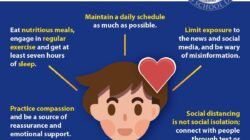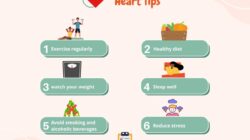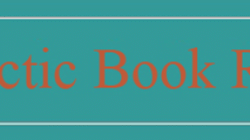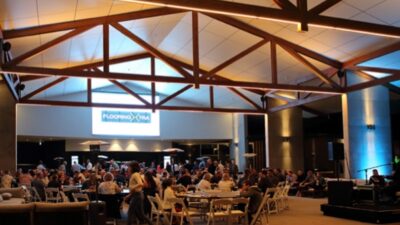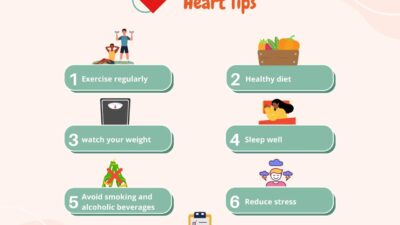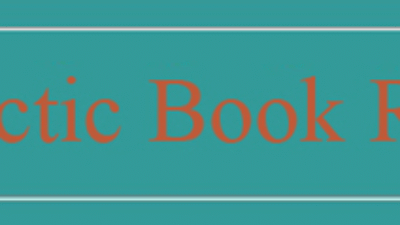Energy efficiency is paramount in today’s world, and the United States is at the forefront of innovation in this crucial area. This guide delves into the transformative potential of ultimate energy efficient upgrades, exploring various strategies and technologies to significantly reduce energy consumption across diverse sectors. From residential homes to commercial buildings, the potential for substantial savings and environmental benefits is substantial.

This comprehensive resource Artikels key strategies for achieving energy efficiency, including advanced insulation techniques, smart home technologies, and the adoption of renewable energy sources. We will also discuss the financial incentives and government support available to homeowners and businesses looking to implement these upgrades. Ultimately, this guide equips readers with the knowledge and resources to make informed decisions regarding their energy efficiency journey.

Classic literature, often perceived as a cornerstone of education and intellectual discourse, continues to captivate readers across generations. These timeless narratives, spanning centuries and diverse cultures, explore profound human experiences, universal themes, and enduring questions about life, love, loss, and the human condition. More than just stories, they offer a window into the past, reflecting societal values and illuminating the enduring complexities of the human spirit.
Beyond their historical context, classic novels, poems, and plays possess a remarkable ability to resonate with contemporary readers. The characters, though often rooted in specific historical settings, grapple with emotions and conflicts that transcend time. We find ourselves mirrored in their struggles, joys, and triumphs, recognizing echoes of our own experiences within their narratives.
A Journey Through Timeless Themes
From the sweeping epics of Homer to the introspective prose of Virginia Woolf, classic literature delves into a vast array of themes. Love, loss, ambition, societal injustice, and the search for meaning are recurring motifs that connect these works across time and culture. These themes, though explored through different lenses and with varying degrees of intensity, remain profoundly relevant in our modern world.
Consider the exploration of societal inequalities in Jane Austen’s Pride and Prejudice. While set in 19th-century England, the novel’s commentary on social class, societal expectations, and the limitations imposed on women continues to provoke thought and discussion. Similarly, the powerful critique of colonialism and the struggle for identity in Chinua Achebe’s Things Fall Apart remains relevant in our globalized world. These works are not simply historical accounts; they are powerful critiques of the human condition, capable of illuminating the present through the lens of the past.
The Power of Language and Storytelling
Classic literature is often celebrated for its masterful use of language. Authors employ evocative imagery, profound metaphors, and intricate storytelling techniques to create immersive experiences for their readers. The beauty and complexity of the language itself contribute to the enduring appeal of these works. The elegant prose of Charles Dickens, the lyrical poetry of Emily Dickinson, and the dramatic dialogue of Shakespeare all contribute to the rich tapestry of human expression.
The art of storytelling is central to the enduring power of classic literature. These works transport us to different worlds, introduce us to captivating characters, and force us to confront challenging ideas. The skillful weaving of plot, character development, and thematic exploration creates a powerful narrative that lingers in the mind long after the final page is turned.

The Importance of Critical Analysis
While appreciating the beauty and elegance of classic literature, it is crucial to approach these works with a critical eye. Recognizing the historical context in which they were written, examining the author’s intent, and considering the diverse interpretations they have inspired are essential steps in understanding their significance. This critical engagement allows us to gain a deeper appreciation for the complexities of the human experience and the evolution of thought over time.
Engaging with classic literature is not merely about memorizing plot points or identifying literary devices. It is about actively participating in a conversation that has spanned centuries. It is about recognizing the enduring power of human stories and their ability to connect us across time and space.
Beyond the Page: The Impact of Classic Literature
The influence of classic literature extends far beyond the pages of the books themselves. These works have shaped our understanding of the world, inspired countless artists and writers, and profoundly impacted the development of language and thought. The characters, themes, and ideas explored in classic literature continue to inform contemporary artistic expression, from film and television to music and visual arts.

In conclusion, the enduring appeal of classic literature lies in its ability to transcend time and culture. These timeless stories, rich in language and profound in their exploration of the human condition, offer a valuable window into the past while simultaneously illuminating the complexities of the present. By engaging with these works, we embark on a journey of self-discovery, expanding our understanding of ourselves and the world around us.
The act of reading classic literature is not just an intellectual exercise; it is an enriching experience that fosters empathy, critical thinking, and a deeper appreciation for the human spirit. So, pick up a book, delve into a classic narrative, and embark on a journey through time and thought.
Common Queries
What are the most cost-effective energy-efficient upgrades for a home?
Improving insulation, upgrading windows and doors, and installing energy-efficient appliances are typically the most cost-effective initial steps. However, specific recommendations depend on the individual home’s design and current energy usage.
Are there federal tax credits or rebates for energy-efficient upgrades?
Yes, various federal tax credits and rebates are available for qualifying energy-efficient upgrades, such as solar panels, insulation improvements, and energy-efficient appliances. Information about specific programs and eligibility requirements can be found on the Department of Energy’s website.
How can businesses benefit from energy-efficient upgrades?
Businesses can reduce operating costs, improve their environmental footprint, and potentially enhance their brand image through energy-efficient upgrades. Implementing smart building technologies and optimizing energy use in processes can lead to substantial long-term savings.
What are some examples of advanced technologies for energy efficiency in homes?
Smart thermostats, automated lighting systems, and energy-efficient HVAC systems are examples of advanced technologies that can significantly enhance energy efficiency in homes. These technologies often integrate with other home automation systems for optimized energy management.



